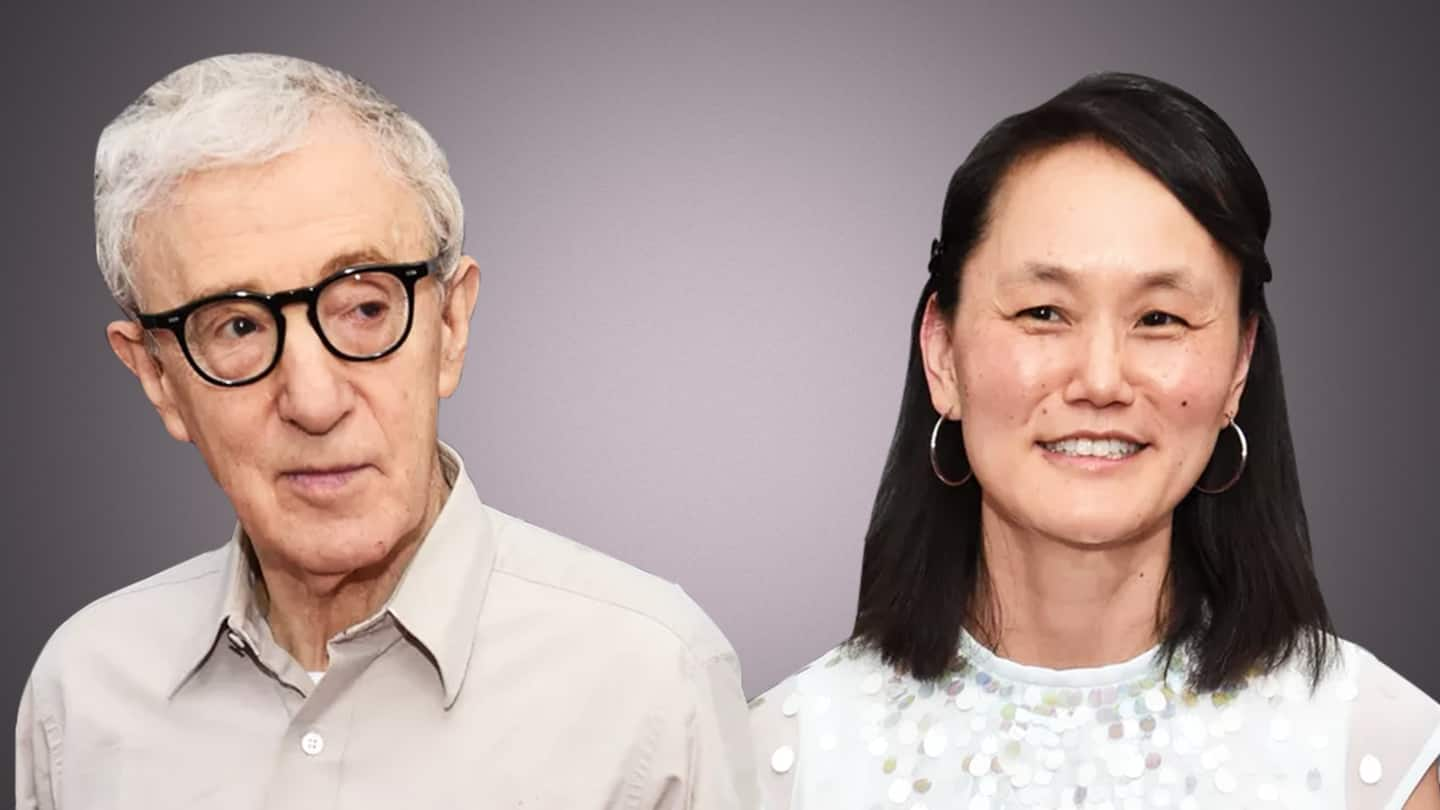
Woody Allen, Soon-Yi Previn reject HBO docuseries' sexual abuse claims
What's the story
Disgraced Hollywood director Woody Allen and his wife Soon-Yi Previn have disregarded the claims made by HBO docuseries Allen v. Farrow.
The couple presented their statement to The Hollywood Reporter, claiming that they were given just a "matter of days" to respond to the allegations leveled by the project.
They called it a "hatchet job riddled with falsehoods."
Here's more.
Accusation
Couple slammed filmmakers' alleged bias
Targeting filmmakers Amy Ziering and Kirby Dick, the couple said that the filmmakers only covered the versions of Farrows by collaborating with them "and their enablers" to make the series.
The first episode of the four-part series premiered on HBO Max on Sunday night.
The couple alleged that the filmmakers "had no interest in the truth" of the matter.
Comments
Directors had reached out to Allen, received no response
In the first episode, Dylan Farrow, the daughter of actress Mia Farrow, spoke in detail about the allegations of incest leveled against Allen.
Allen was Mia Farrow's partner when Dylan Farrow was young.
To note, Dick had also claimed he reached out to Allen on multiple occasions. "It's not surprising that he said 'no' because he says 'no' to all interviews," Dick said.
Statement
The couple berated Dylan Farrow's allegations
Unsurprisingly, the statement from Allen and Previn termed the allegations false, explaining how multiple investigations found no evidence of abuse as Dylan Farrow claims.
"It is sadly unsurprising that the network to air this is HBO - which has a standing production deal and business relationship with Ronan Farrow (Dylan Farrow's brother). While this shoddy hit piece may gain attention, it does not change the facts," the statement added.
Details
Documentary not taking 'one person' to task
This is the first time Mia Farrow has chosen to speak on-camera about her former partner. The documentary also talks about the claim that Allen had a sexual relationship with Previn while she was still a high school student.
About the product, Ziering had said it is not about bringing one person to justice but about the system that allows such crimes.
Quote
'We all are complicit'
"It's about all of us reflecting more on the systems that enable these crimes to be committed, the ways that we all are complicit, wittingly or unwittingly, and in enabling them and overlooking them and how we all can move forward to change that," she said.